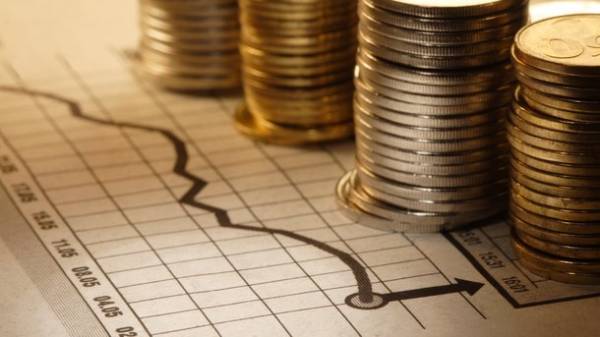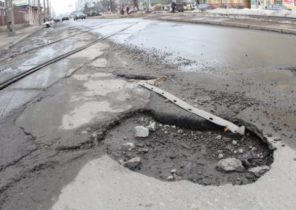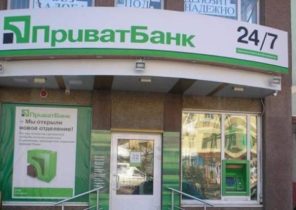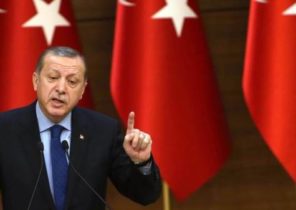
After a long period of relative stability in the global financial markets the current week (13-19 March) can bring volatile due to a number of important economic and political events. This writes The Wall Street Journal.
In particular, on Wednesday, March 15, will end the meeting of the Federal reserve system (the fed), on the same day, parliamentary elections will be held in the Netherlands and in the week the UK can take the first steps towards exit from the European Union.
Base rate US fed
From the fed, almost all market participants expect to increase the base rate by 0.25 percentage points to 0.75-1%. The likelihood of such a measure was hinted to many of the leaders of the fed, including head of the Central Bank of the USA Janet Yellen and her Deputy, Stanley Fischer, this is also evidenced by strong statistical data.
In particular, in January consumer prices (index CPI) in the United States increased by 0.6% compared to December and increased by 2.5% in annual terms and the unemployment rate in February fell to 4.7% from 4.8% with an increase in the number of jobs 235 thousand
The fed in the issue of the rate increase focuses on the movement of the labor market to a situation of full employment and inflation to the target of 2%.
According to the forecast Fitch, the fed will raise the benchmark interest rate three times in 2017 (in November it was expected to improve only two), and a total of seven times in 2017-2018.
Elections in the Netherlands
Elections to the Parliament of the Netherlands, which will be held March 15, also are cause for increased concern among investors.
According to recent surveys, the Dutch eurosceptic party, headed by Geert Wilders, and the people’s party for freedom and democracy, which is headed by current Prime Minister mark Rutte, can gain almost an equal number of votes.
Wilders called a politician-populist. The Central points of his political program are the criticism of the European Union, promises to leave the Eurozone and reduce the flow of migrants. It is expected that even in case of victory of his party will not win enough votes to form a government, but that will be an important signal about the attitude of EU citizens to the current processes in Europe.
First steps Brexit
The British Parliament is this week discussing the issue of giving the government the right to start the process of withdrawal from the EU. The Prime Minister, Theresa may, had earlier promised that the trial will begin before the end of March.
Meanwhile, first Minister of Scotland Nicola Sturgeon announced the intention to hold a second referendum on independence due to the fact that the majority of Scots voted against Brexit and want to stay in the EU. According to her, she would like to vote between autumn 2018 and spring 2019.
The reaction of the markets
Experts say that the first sign of impending volatility could be the collapse of oil prices by 9% last week.
“The market has long ignored negative factors and finally just gave up. And when the market gave up, the drop was significant,” – said the head of asset management at Tudor, Pickering, Holt & Co. Dan Pickering.
Earlier, the international Agency Fitch Ratings gave a prediction about what will happen with the world economy in 2017.







